#japanese langblr
Text
First Post
Hello! I have been studying Japanese for 15 years. I want to use this blog to share resources, tactics and progress as I continue my learning!
If anybody wants to connect, or chat in Japanese, that would be awesome!
41 notes
·
View notes
Text
ここぞ
at the critical moment, when it counts
usually written using kana alone; often used as ここぞというとき or ここぞとばかり
あいつは駄目だ, ここぞという時に一発が出ないんだから。
あいつ は だめ だ、ここぞ と いう とき に いっぱつ が でないん だから。
That guy is no good, because he won't make a move when it matters most.

#日本語#japanese#japanese language#japanese langblr#langblr#studyblr#単語#語彙#japanese vocabulary#tokidokitokyo#tdtstudy
31 notes
·
View notes
Text
💎 17 Sanity Challenge // Day 4 of 13 ☁️
how i start the day 🤓🙏 vs how i end it 🙃✌️:

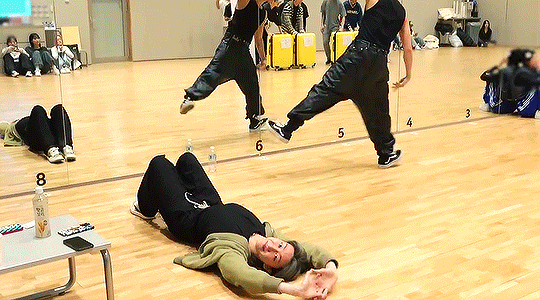
피할 수 없어면, 즐해요 🥴 (if you can't avoid it, enjoy it 🥴)
🍚 paid attention to details, led productive discussions, actively participated in lots of meetings
😼 Japanese lessons + Chinese lesson
🍒 legs + abs workout
🐸 breathwork meditation
🦌 read a chapter of An Incomplete Revenge
🍊😼 journal in Korean
🦊 comparative cognition review + attend developmental psych lecture
🐶🐻❄️ cleaning fairy (bgm)
💌: 오늘 내일 모레 매일 놀아보자 ⚾ 내 인생은 홈런!~ (today, tomorrow, day after, everyday, let's play ⚾ my life is a home run!~)

bonus: @solarsapphic tagged me in this fun game 🥰 i've always wanted to know where my moral alignment was, but low-key halfway through the quiz i was terrified of ending up in the evil category because i tried to answer honestly 😭 imagine my relief with this result 🙏 also, yes, my character concept is runaway princess in an enchanted forest, sue me 😂
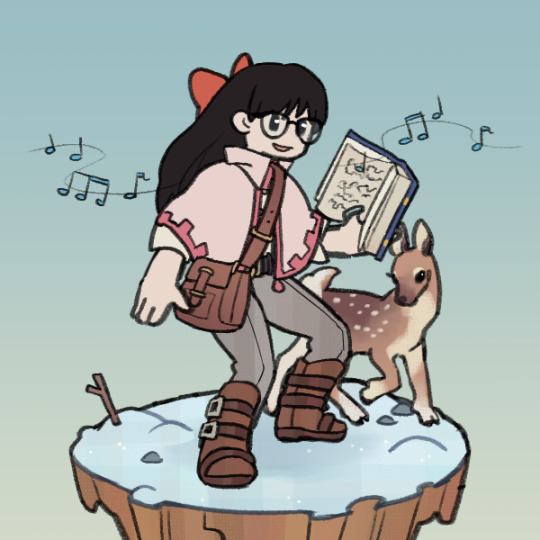
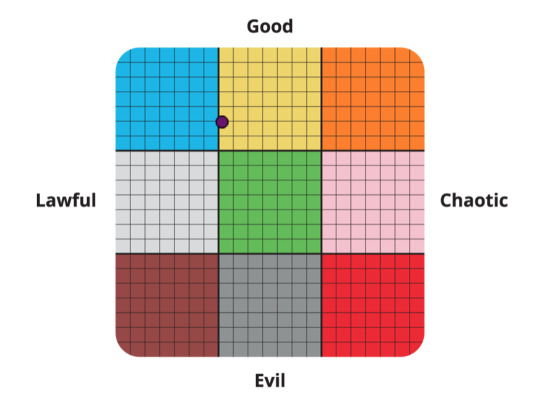
💞: @lemonempress @nelyastudies @shoosiopao @ink-stained-clouds @tea-tuesday and anyone else who sees this 😘
#studyblr#seventeen carat#seungkwan#minghao#save my sanity#workblr#codeblr#self improvement#self development#self care#self love#langblr#psychblr#korean langblr#japanese langblr#chinese langblr#100 days of productivity#100 days of studying#100 days of self discipline#100 days of code#student life#zesty's life#study motivation#study inspiration#seventeen#seventeen gifs#exam season#final exams#finals season#finals week
24 notes
·
View notes
Text
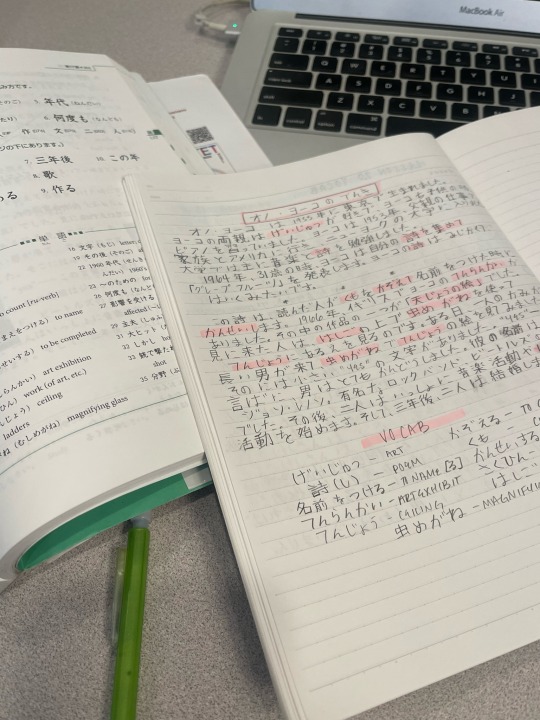
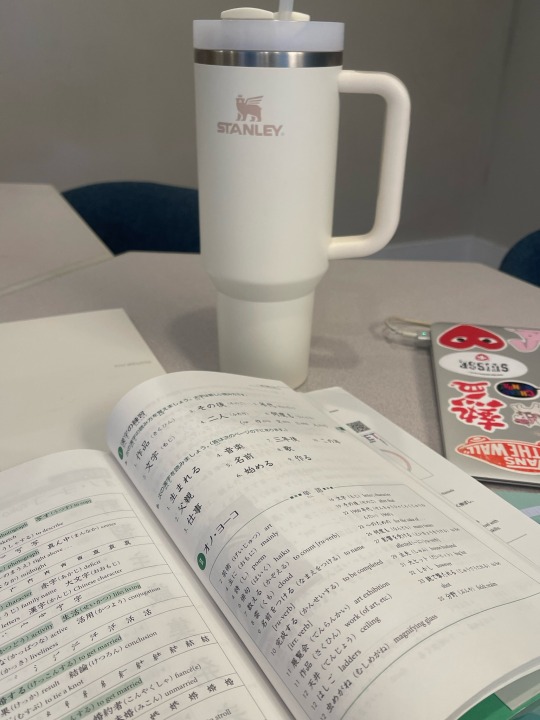
sunday studies 🕊️🍵📗
#studyblr#study blog#langblr#langblog#japanese langblr#japanese language#japanese#studyinspo#study motivation#study aesthetic#study desk#exam study#student blog#learning japanese#language blog#language learning#student life#studying
546 notes
·
View notes
Text
接続詞(せつぞくし)
conjunctions - words that are used to link phrases together
情報を加える // Adding information:
しかも besides
そのうえ moreover, on top of that
さらに moreover, on top of that
そればかりか not only that, but also...
そればかりでなく not only that, but also...
情報を対比する // Putting into contrast:
それに対して in contrast
一方 whereas
他の可能性・選択肢を言う // Giving alternatives:
あるいは or perhaps (presenting another possibility)
それとも or (presenting another option within a question)
結論を出す// Drawing a conclusion:
そのため for that reason
したがって therefore
そこで for that reason (I went ahead and did...)
すると thereupon (having done that triggered sth. to happen)
このように with this (adjusting a conclusion to the arguments given beforehand)
こうして in this way
理由を言う // Giving a reason:
なぜなら...からだ the reason is
というのは...からだ the reason is
逆説を表現する // Expressing a contradiction:
だが however, yet, nevertheless (contradicting what one would have expected)
ところが even so (spilling a surprising truth)
それなのに despite this, still
それでも but still (despite a certain fact, nothing changes)
説明を補う // Amending one's explanation:
つまり that is, in other words (saying the same thing using different words)
いわば so to speak (making a comparison)
要するに to sum up, in short
説明を修正する // Revising one's explanation:
ただし however (adding an exception to the information stated beforehand)
ただ only, however
もっとも however (obviating any expectations that might arise through the previous statement)
なお in addition, note that (adding supplementary information)
話題を変える // Changing the subject:
さて well, now, then (common in business letters after the introductory sentence; is often ignored in tranlations)
ところで by the way
#文法#grammar#conjunctions#japanese grammar#jlpt n2#japanese langblr#japanese language#language#japan#japanese#japanese vocabulary#langblr#linguistics#studyblr#study blog#studyspo#study motivation#study aesthetic#study notes#learning japanese#nihongo#日本語#日本語の勉強#light academia#light acadamia aesthetic
626 notes
·
View notes
Text
神無月 (kan-na-zuki) "October" (archaic)
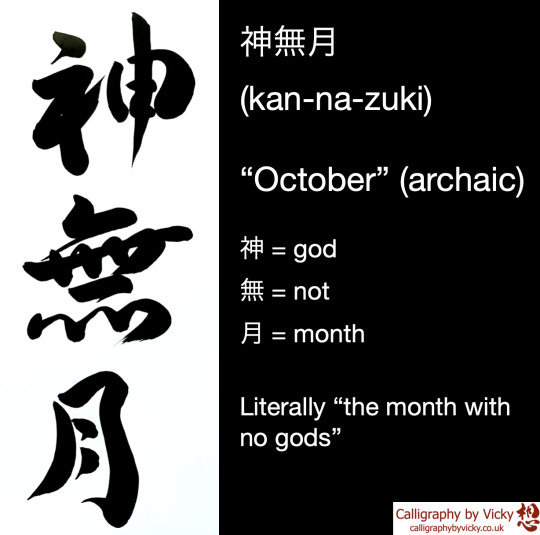
神 = god
無 = not
月 = month
The modern Japanese word for October is 十月 (literally "10th Month), however in the old-fashioned calendar is was known as 神無月, or "the month with no gods".
In October, all the gods in Japan (there are believed to be 8 million of them) go to Izumo Shrine in Shimane Prefecture for a meeting, thus leaving most of Japan with no gods.

The huge shimenawa (sacred rope) at Izumo Shrine.
#Japanese#kanji#Japan#Japanesecalligraphy#書道#October#十月#神無月#japanese language#japanese culture#japanese calligraphy#japanese art#calligraphy#japanese langblr
919 notes
·
View notes
Text
Japanese Reading Resources for Absolute Beginners
A question I encounter often is "How much Japanese should I study before I can begin reading in Japanese?"
From my experience as a learner and reader myself and from managing a Japanese book club for other learners I can honestly say that you can start way earlier than you probably think!
There are many resources that only require knowing hiragana. Those texts usually teach vocabulary through pictures and only use basic grammar.
Some are even simpler than that: The Japan Foundation's Hiragana Books are great for those, who are still remembering hiragana characters. Every short book introduces only 1-2 new characters, so it's a great reading exercise for those who've just started.
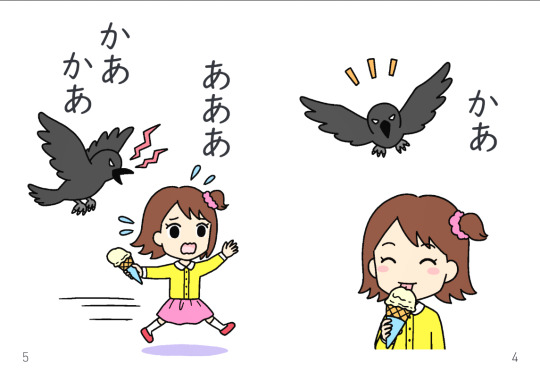
The free graded reader 「どうぞ、どうも」 by the NPO Tagengo Tadoku only uses the words 「どうぞ」 and 「どうも」 to write an entire story. Again, this makes for a great exercise in reading hiragana and understanding context. Another "level 0" recommendation by the same NPO would definitely be 「しろい?くろい?」. This book uses the full range of hiragana characters but the grammar is simple and all used vocabulary is illustrated.
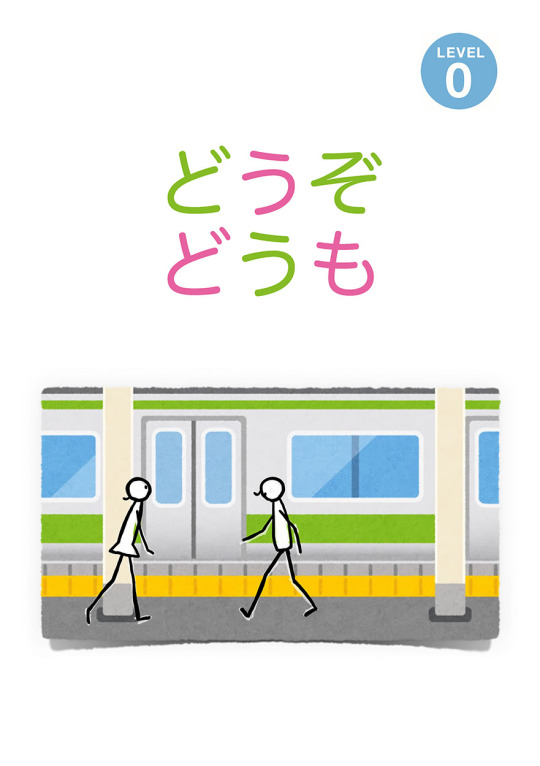
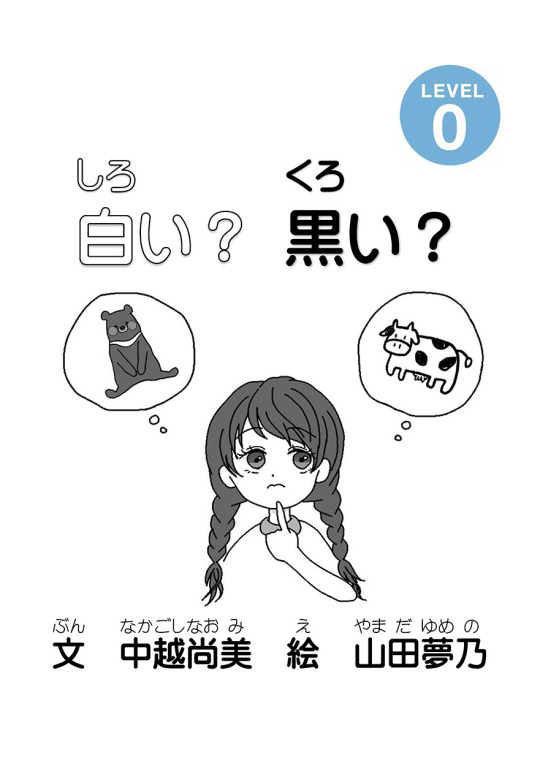
Another site with great resources for absolute beginners is Nihongo Tadoku Dōjō. If you have memorized both hiragana and katakana and know how the particles を and で work you will be able to read this text about stationary (ぶんぼうぐ) and understand everything by looking at the pictures!
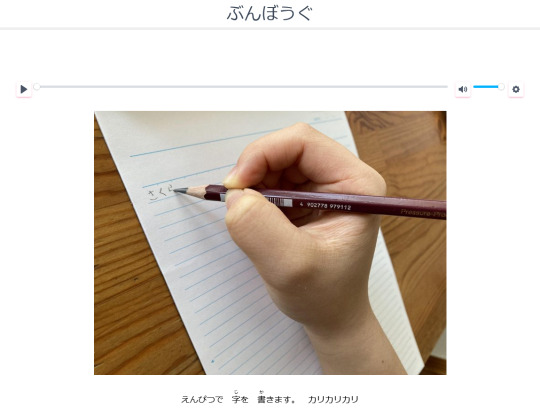
The resources linked so far can all be accessed completely free on the linked websites. If you have the money to spare, please also have a look at the box 「スタート」 from the series reberubetsu nihongo tadoku raiburarī published by the NPO Tagengo Tadoku and ASK (affiliate link). This box includes 8 little books in very simple Japanese.
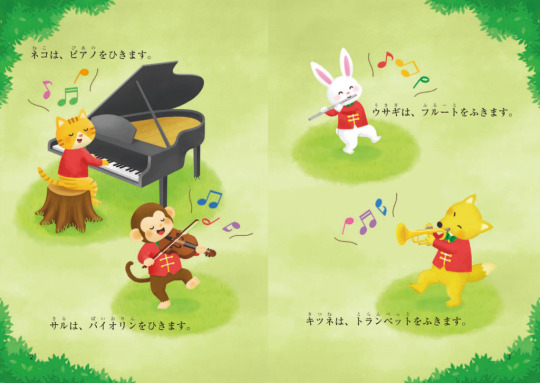
All these texts for absolute beginners will get you started reading in Japanese with very little knowledge of characters and vocabulary.
Reading in Japanese is a skill that requires practice. But once you get used to it, it can be such a valuable tool to reinforce new vocabulary and grammar. So please don't wait until you're "ready" before you start reading - start early at your own level!
#my book reviews#reading in japanese#study japanese#learning japanese#日本語#japanese books#やさしい日本語#free graded readers#free tadoku graded readers#nihongo tadoku dōjō#absolute beginner level#japanese langblr#japanese language#japanese reading comprehension#japanese free reading resources#japanese reading resources
637 notes
·
View notes
Text

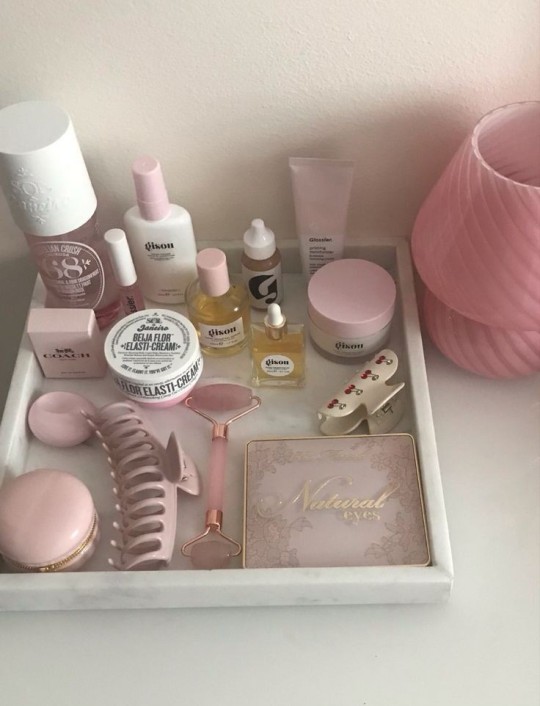

My Morning Routine 🎀
I have adopted a new morning routine because I didn't have one for honestly the last....4 months? Eeeeessshh, absolutely not good for me. I've had to tweak the routine this week, but I think I've got it down! I wake up between 5am and 6am, typically closer to 6am, but it depends on the days because Fridays, Saturdays, and some Sundays I have to leave my house by 7/7:30am. I typically have 2 hours for this routine which is perfect for me!
Current Morning Routine 💗
Wake up between 5am and 6am
Drink water, use the bathroom
Make my bed
Do a quick Yoga with Adriene morning yoga workout, then put yoga mat away
Write in my guided journal
Complete a morning journal prompt of choice in my other journal
Make an Iced Coffee (medium roast Coffee k cup , one sweet n low packet, splash of French vanilla creamer)
Read 1 Chapter OR 15/20 minutes (typically self help book but honestly any book is fine for me!)
Plan out some things for the day (planner, Google Calendar, brain dump list, review todo lists for day)
Shower/Wash face (depends on if I showered night before)
Do my morning skincare! (vitamin c serum, moisturizer, sunscreen, lip balm)
Get dressed for the day (either work clothes or normal outfit depending on what i have to do)
Pack my bag(s) for the day (again, depends on the class, and if I have work then I may take a 2nd bag)
Head out (if necessary, which it typically is, except for most Sundays!)
And that's my morning routine! I love it so much, it's been so nice waking up at a set time every day and has been forcing me to be more mindful of when I go to sleep and how much caffiene I am consuming. It's so nice to have a morning routine, and I am currently working on implementing a night routinebecause I thrive with routines!
til next time lovelies 🩷
#pink pilates girl#pink pilates princess#self care#self development#self love#wonyoungism#it girl#health & fitness#mental health#physical health#girly stuff#studyblr#study blog#langblr#spanish langblr#japanese langblr#that girl energy#becoming that girl#that girl#it girl self care#it girl energy#pink blog#pink academia#pilates aesthetic#pink aesthetic#college student#uni student aesthetic#university student#student life#green juice girl
316 notes
·
View notes
Text
IRL Japanese 2: Things the kids I teach say all the time
If you're planning to work as an ESL teacher in Japan working with kids, this vocab is gonna be super useful for you! You'll pick up a lot as you go along, but it's good to have an overview from the start.
できた = done, finished (whenever they finish an exercise I've set them. The older kids will use the ます-form, but kids under like age 8 will use this one)
かえる?= is it time to go home? (lit: go home?)
わかった = got it (again, the older kids will use the ます-form)
わからない / わかんない = I don't get it (idk if わかんない is just dialect or if it's common overall, but I hear it more than わからない. Usually from the kids who don't wanna be there and are making zero effort)
ちがう = wrong / different (when they give an answer but realise it's not correct. It's basically like "wait, no")
ばか = idiot (sometimes boys say this to their friends)
全部?(ぜんぶ)= everything?! (asked in disbelief when I ask them to write more than one word)
やめろ = stop it! (used with friends when they're teasing each other)
いたいよ = that actually hurts, you know! (used with friends when they're rough-housing)
よし (more like 'yoshhh') = right then (filler word indicating the start of an activity or a change of activity)
水筒(すいとう)= water bottle (most kids bring one to class and frequently forget to take them with them when they go home)
忘れた(わすれた)= I forgot (usually in reference to the text book they left at home)
トイレに行きたい = I want to go to the bathroom
先生、大好き!(せんせい、だいすき!)= I love you, Sensei!
Other useful classroom/school vocabulary:
サイコロ = dice
トランプ = playing cards
ごろごろ = onomatopeia for the sound for rolling (I found the kids got confused if I just mimed rolling a dice/ball and said "roll!" but if I did the gesture and said "gorogoro", they understood)
ビリビリ = onomatopeia for ripping (useful for when you have tear-apart crafts in class)
ケシケシ = onomatopeia for erasing something (useful when you try to explain to a kid they spelled something wrong. Because it's easier to just say "A kesh-kesh, E" than "Not A, E. Okay great you wrote E, but A needs to go. No no no not the whole word, just A. Oh my God. Okay. Let me write it and you copy.")
ちょっと = a little, soon, wait a little (useful if the kids are getting a bit antsy and ready to go home a bit too early/don't want to wait their turn. Don't use it with parents though!)
がんばれ = do your best / you can do it!
あぶない!= dangerous / look out! (useful if a kid unexpectedly runs in front of me while I'm carrying a table)
せえの!= Altogether now! (When I need the kids to repeat something after me)
だめだよ = Don't do that (for when the kids repeatedly do something I've asked them not to do)
少々お待ちください(しょうしょう おまち ください)= polite form of "please wait a moment". Useful if you have a parent talking to you and you need to go get something (e.g. a communication sheet for them to point at so you know what they're trying to say)
授業参観 (じゅぎょうさんかん) = parent observation (PO). A couple of times a year, parents are invited into the classroom to watch the lesson (absolutely not a thing in the UK, not sure about other countries). The past two months I've had POs at my various schools, and so the parents come to the door and ask me if it's PO week. I don't understand most of the question, but I can pick out this one word and a question particle and figure out what they're asking.
It's also obviously a good idea to learn vocabulary related to stationery (eraser, pencil, crayon, pen, notebook, textbook, pencil case etc) because kids forget/lose their stuff all the time and will inevitably ask you if they can borrow something.
501 notes
·
View notes
Text
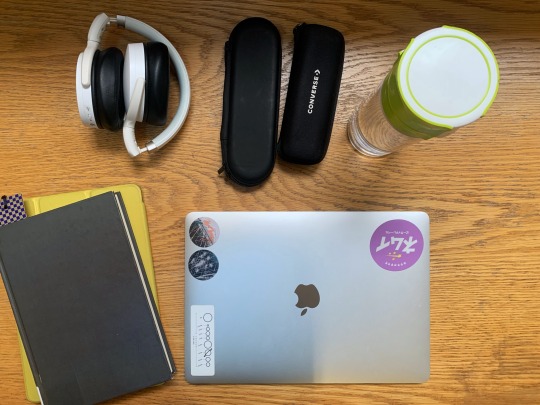

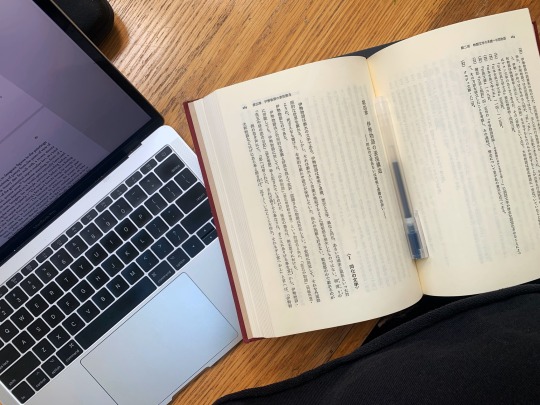
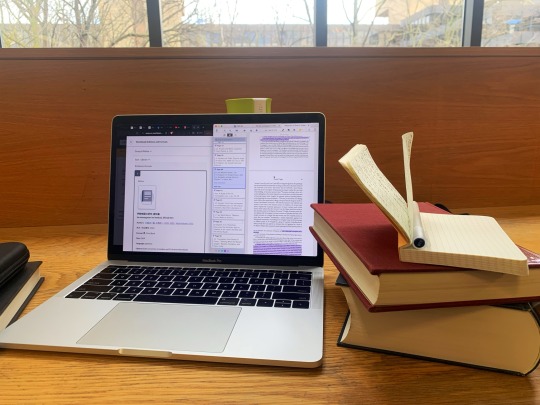
2/4;
library day. diving into the japanese sources for my dissertation. rough, but encouragingly doable! so proud of how far my japanese has come this year!
🎧: patricia - florence and the machine
249 notes
·
View notes
Text
いろどり · irodori - Japanese for life in Japan
(。•̀ᴗ-)✧ resources

IRODORI is a useful website made by The Japan Foundation. It is a series of 3 textbooks, with audios and materials completely free, focusing on developing skills useful for life in Japan.
Whether you are planning to come to Japan in the future and want to learn what you should be able to do before you arrive, or whether you are already living in Japan and wish to check your Japanese ability and increase the number of things you can do, we sincerely hope that this textbook will help you achieve your goals. - "what is irodori" website page.
The textbooks are super organized, divided in: starter (A1), elementary 1 and elementary 2. Finishing elementary 2 means having an A2 level [At A2 level, you can hold short, basic everyday conversations on familiar topics.]
I recommend styling your learning method with the goal you have in mind. You can understand more about it reading the post I made.
Hope it was helpful! Let me know and let's share resources~
またね~@inkichan
꒰ა ˚₊ ✧・┈・╴﹕꒰ ᐢ。- ༝ -。ᐢ ꒱﹕╴・┈・𐑺 ‧₊˚໒꒱
#japanese#nihongo#studyblr#japanese langblr#langblog#japanese studyblr#日本語#resources#japanese resources#free resources#japanese free resources#textbook#free#free textbooks#pdf#japanese pdf#learn japanese#learning japanese
563 notes
·
View notes
Text
無双
むそう
peerless; unparalleled; unparallelled; matchless
古今無双の選手だ。
ここん むそう の せんしゅ だ。
He is as great an athlete as ever lived.

#日本語#japanese#japanese language#japanese langblr#langblr#studyblr#単語#語彙#japanese vocabulary#tokidokitokyo#tdtstudy
26 notes
·
View notes
Text
Basic quantifiers in Japanese
台 (だい) - used for cars, bicycles, machines, mechanical devices, household appliances
杯 (はい) - used for cups and glasses
匹 (ひき) - used for small animals
本 (ほん) - used for long and thin objects
階 (かい) - used for floors
回 (かい) - used for occurrences, numer of times
個 (こ) - used for things that are small and round
枚 (まい) - used for thin and flat objects
人 (にん) - used for people (but we say 一人 (ひとり) for one person and 二人(ふたり)for two
冊 (さつ) - used for books
歳 (さい) - used for age
Plus general quantifiers:
一つ (ひとつ)
二つ (ふたつ)
三つ (みっつ)
四つ (よっつ)
五つ (いつつ)
六つ (むっつ)
七つ (ななつ)
八つ (やっつ)
九つ (ここのつ)
十 (とお)
#japanese#langblr#japanese langblr#vocabulary#japanese language#studyblr#japanese vocabulary#food vocabulary#vocabulary list#learning japanese#mine
760 notes
·
View notes
Text
increasingly "useless" reasons why i like learning languages
@studentbyday said i should re-define "useless" in my mind. instructions unclear. made a shitpost instead 💩

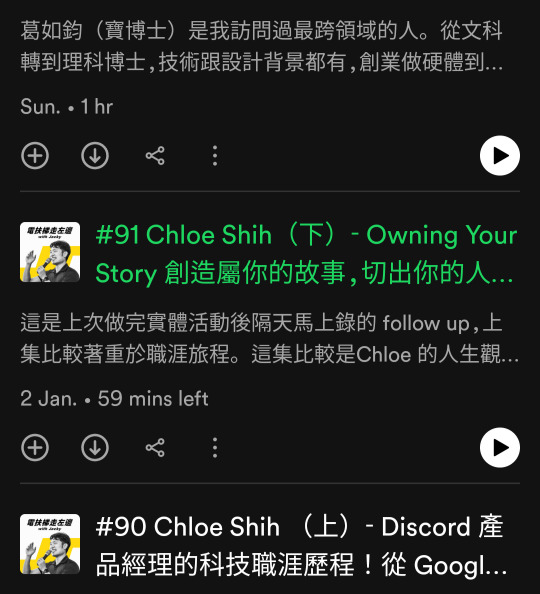

💌: inside-my-phone format is back!🍃 do you agree/disagree with my MTL rankings? what motivates you? 👀
i can be a more empathetic, understanding, and supportive person who makes sure to only cuss people out in languages they don't understand so that their feelings aren't hurt ❤️
i can talk to more people who will probably think i'm an idiot because of how badly i speak their language 👄
i can nurture my self-confidence/-esteem as long as i don't think too hard about how much i don't know 🥰
i can read more books, articles, people arguing on the internet, etc. 📚
i can travel to foreign countries more easily until someone asks me to translate something important and i mess up and land us both in prison or something ✈️
i can unlock new work opportunities until someone asks me to translate something important and i mess up and land us both in prison or something 💼
i can multitask better even though i shouldn't even be doing it in the first place 🤹♀️
i can watch my favorite shows/listen to my favorite songs without subtitles/translations so that my brain rot can continue in peace 📺
i can, on the other hand, stop losing brain cells?? 🧠
i can eavesdrop on more people, probably at the grocery store 🙉
i can show off at work and other places where it is appropriate to show off irrelevant skills ✨
sex appeal?? 🥵
#langblr#studyblr#study motivation#study inspiration#korean langblr#chinese langblr#japanese langblr#korean studyblr#chinese studyblr#japanese studyblr#learning languages#language learning#language lessons#duolingo#zesty's life#languages#multilingual#multilanguage#bilingual#motivation#humor#shitpost#self development#self improvement#study blog#study aesthetic#light academia#dark academia#chaotic academia#polyglot
285 notes
·
View notes
Text

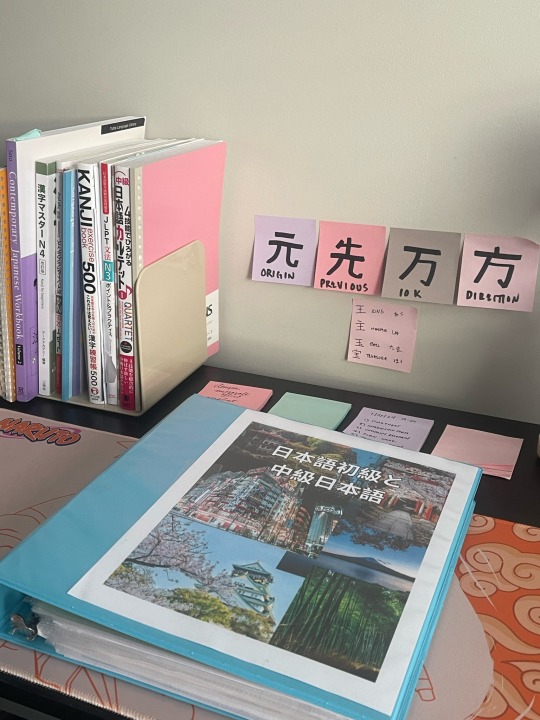
study days + pastel desk setup
#studyblr#study blog#langblr#langblog#japanese langblr#japanese language#japanese#studyinspo#study motivation#study aesthetic#exam study#desk aesthetic#deskspo#desksetup#study desk#study space#study hard#study tips#studentblr#student blog
383 notes
·
View notes
Text
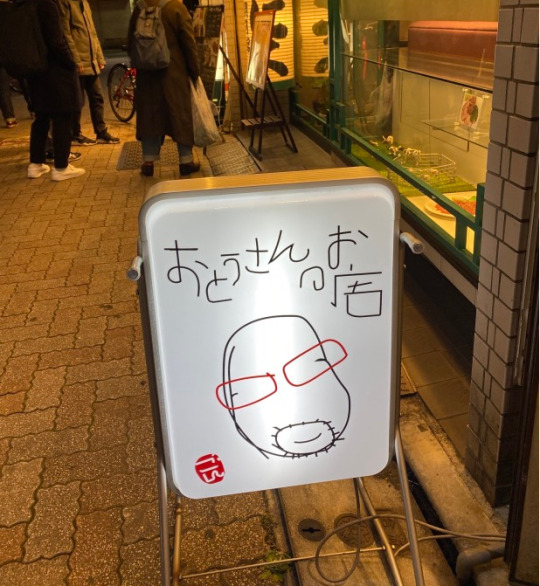
Adorable kid handwriting at a restaurant in Nishiogi. It says おとうさんのお店 Otōsan No Omise (Daddy's Shop), and it includes a sweetly funny minimalist portrait, drawn by a little kid, of a man with a lumpy head, tiny eyes, glasses, a scratchy beard, and possibly no hair.
The word おとうさん is usually written お父さん (and this place has been around at least a few years, so I bet the kid has learned the kanji by now). 父 means father, and it's read ちち or フ.
店 means store or shop, and it’s read みせ, だな, or テン. We’ve covered it once before, in a very interesting name.
450 notes
·
View notes